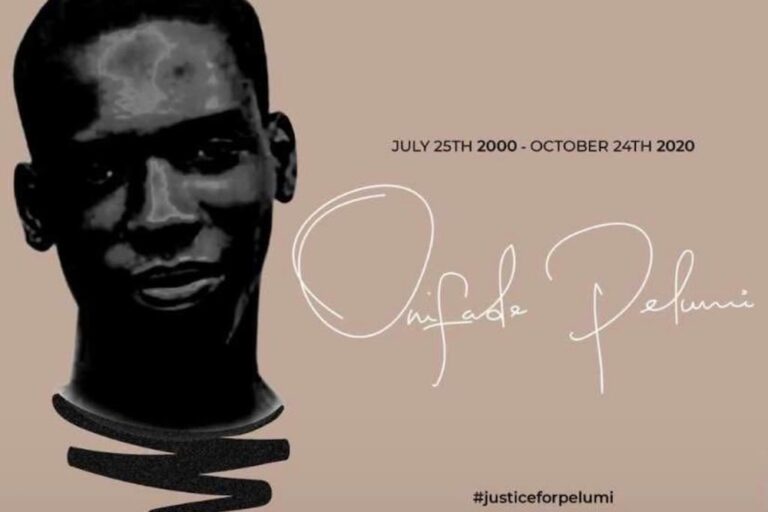(MRA/IFEX) – Nigeria’s National Assembly has stopped further deliberations on a draft law that would impose sanctions, jail terms, fines and suspensions on journalists and media establishments found guilty of sensational reporting on violent conflicts, parliamentary or inter-governmental disputes, natural disasters and other “negative trends and tendencies”. The chairperson of the House of Representatives Committee […]
(MRA/IFEX) – Nigeria’s National Assembly has stopped further deliberations on a draft law that would impose sanctions, jail terms, fines and suspensions on journalists and media establishments found guilty of sensational reporting on violent conflicts, parliamentary or inter-governmental disputes, natural disasters and other “negative trends and tendencies”.
The chairperson of the House of Representatives Committee on Media and Public Affairs, Abike Dabiri, who is also the sponsor of the bill, said on September 14 that she had asked the House to discontinue its deliberations on the bill and, as such, the scheduled second reading of the draft law was cancelled. She said she stopped the bill from going through the second reading because she realised that it required “wider consultations.”
The draft law, entitled the “Journalism Practice Enhancement Bill, 2004”, provides for the establishment of a Media Practitioners Complaints Commission (MPCC) in each state of the federation and the Federal Capital Territory, with powers to take disciplinary measures against media practitioners who violate its provisions. Under the proposed law, the MPCC will have powers to initiate inquiries into cases of professional misconduct, summon people to testify and prescribe punishment for offences committed by journalists. Section 37 stipulates that, “Where a journalist is found liable by the commission for professional and/or ethical misconduct, it shall have power to reprimand, or suspend him for a period not exceeding twelve (12) months or impose any other appropriate punishment.”
Speaking at a meeting organised by the Nigerian Union of Journalists’ (NUJ) Lagos State Council to discuss the bill, Dabiri said professional bodies in the media, such as the Newspapers Proprietors Association of Nigeria, the Nigerian Guild of Editors and the Broadcasting Organisations of Nigeria, had complained that they were not consulted before the draft law was proposed.
She assured the media that if they do not want the law, it will be completely withdrawn, but suggested that the offensive portions of the bill should be deleted as its broad objective was to enhance the journalism profession. Dabiri promised that all penal sanctions in the bill would be expunged, along with Section 27, which stipulates that, “A journalist shall not present or report acts of violence, religious or inter-ethnic or tribal conflicts, armed robberies, terrorist activities, national controversies, such as inter-governmental and/or parliamentary conflicts, natural disasters, vulgar display of wealth, or other negative trends and tendencies in the society or polity, in a sensational way, or in a manner that glorifies such acts in the eyes of the public, or foreign observers.” The bill states that journalists who violate this provision “shall be guilty of professional misconduct, and the matter shall be referred to the Nigerian Press Council by the Nigerian Union of Journalists, or any of its members or any affected persons, for appropriate disciplinary action, which may include suspension and/or withdrawal of the registration of the journalists from the Nigerian Union of Journalists and the Nigerian Press Council.”


